
Visitors tour the Palace Museum in Beijing in December. The city's air quality in 2022 was its best since 2013, according to municipal authorities. (ZOU HONG/CHINA DAILY)
After great efforts to fight air pollution in the past decade, Beijing's air quality in 2022 was the best for the city since 2013, the municipal authority announced on Wednesday.
The city's annual average concentration of airborne fine particulate matter, or PM2.5, declined to 30 micrograms per cubic meter last year, city officials said.
The number was 33 micrograms per cubic meter in 2021, a 63.1 percent fall from the level in 2013. In 2020, it was 38 micrograms per cubic meter.
People in the Chinese capital have seen clearer skies in recent years, according to the officials.
Liu Baoxian, head of the Beijing Environmental Monitoring Center, said the city had 286 days of good air quality in 2022, the same number as in the previous year.
The number of severe pollution days in 2022 was three, which was five days fewer than in 2021.
"The city's blue skies during the Beijing 2022 Winter Olympics impressed a lot of people," he said.
"During the period, the average concentration of PM2.5 in Beijing was 23 micrograms per cubic meter."
Beijing's air quality has attracted huge attention over the years. The government has taken strict and effective measures to combat air pollution, Liu said.
Beijing is China's first megacity to take an integrated approach to sustainable development, pursuing balanced growth that has matched its environmental and resource capacity over the years.
Yu Jianhua, a spokesman for the city's Ecology and Environment Bureau, said that Beijing has demonstrated to the world over the past 20 years that a megacity with a rapidly increasing GDP, as well as more vehicles, people and energy consumption, can cut air pollution effectively.
"The PM2.5 reduction over the past few years has surpassed that of developed countries during the same period," he added.
Li Xiang, director of the bureau's air quality unit, said that to cut carbon emissions, Beijing has been encouraging residents to use new energy vehicles in the past few years through preferential policies for drivers of such vehicles.
"By 2022, the city's new energy vehicle count reached 580,000. The total number of new energy cars and gasoline vehicles with less carbon emissions account for more than 70 percent of the overall number in the city," Li said. "Meanwhile, buses, taxis and other vehicles used in industries such as sanitation, logistics and postal services are encouraged to be new energy vehicles. At present, around half of those vehicles are new energy cars."
Over the past 10 years, 1.3 million families have changed their energy consumption from coal to clean energy such as natural gas. The city's coal consumption declined from 21.8 million metric tons in 2012 to 1.31 million tons in 2021, a drop of more than 98.5 percent.
"Polluting enterprises have been eliminated, optimizing the city's economic and industrial structure," Li said.








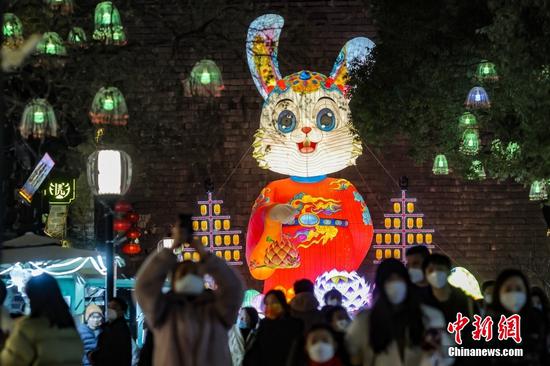
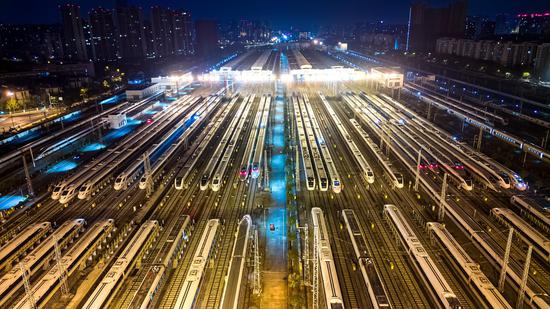

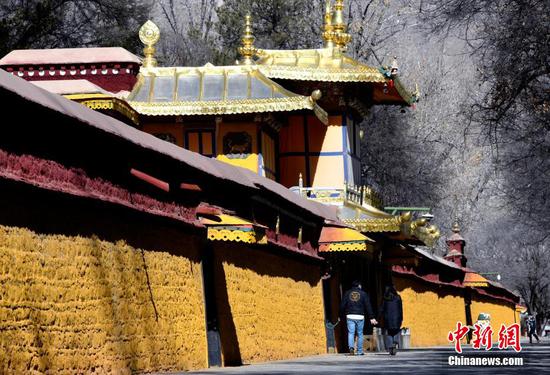


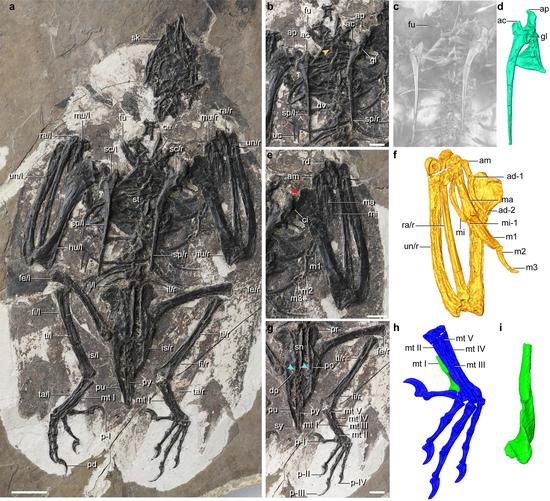
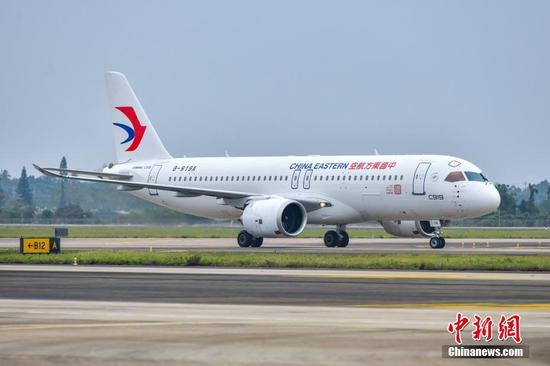





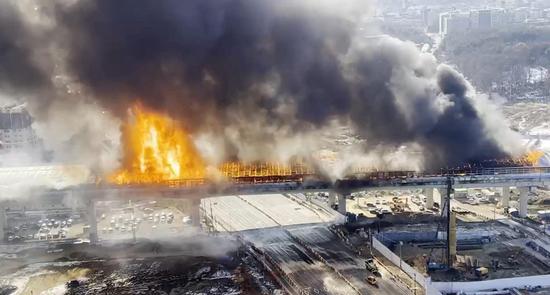
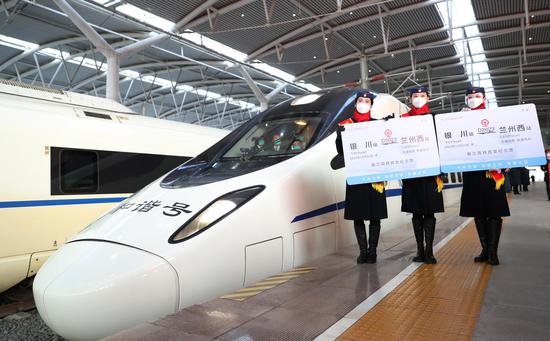



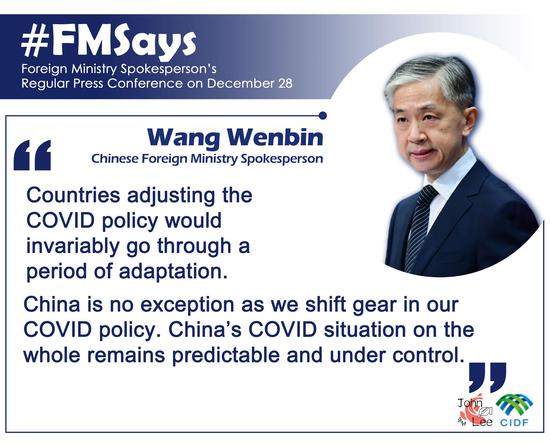
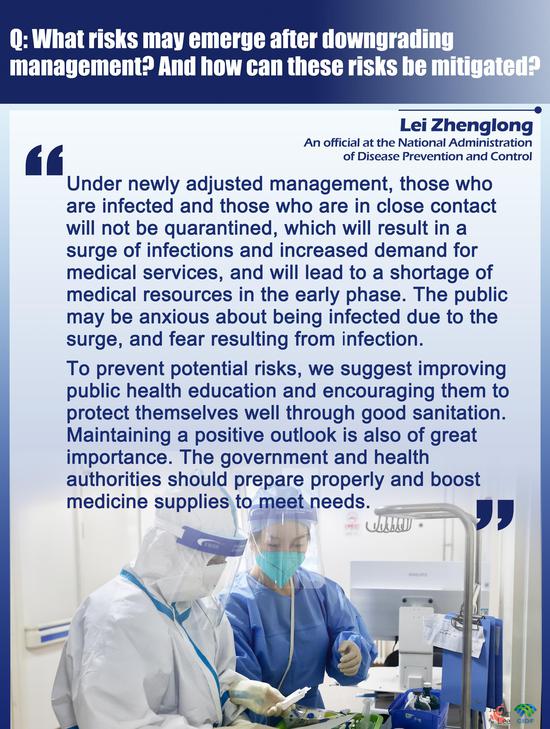
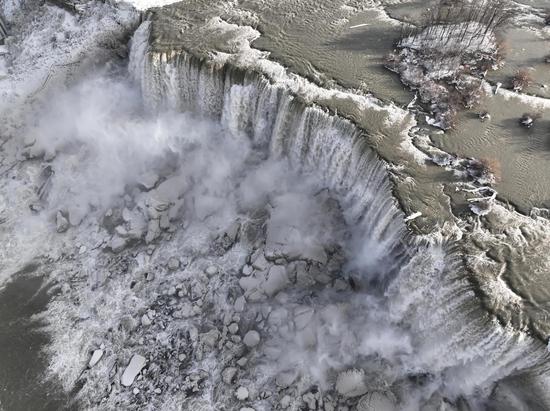
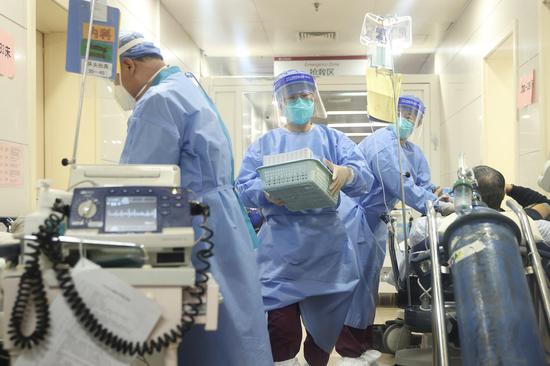
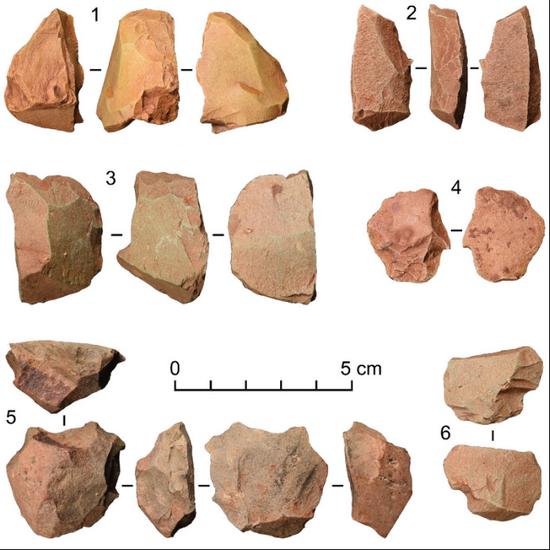

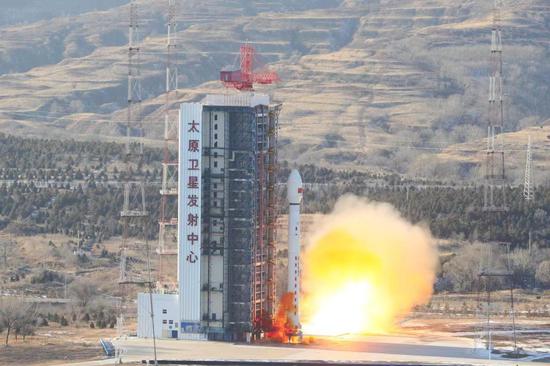
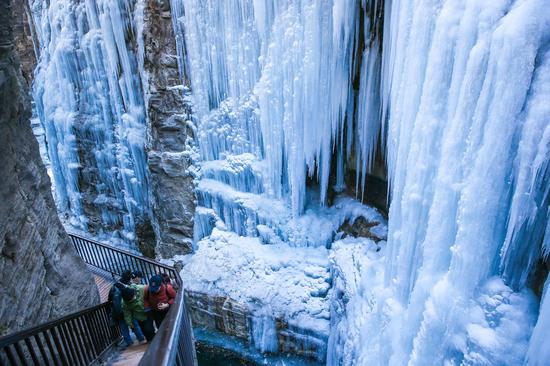
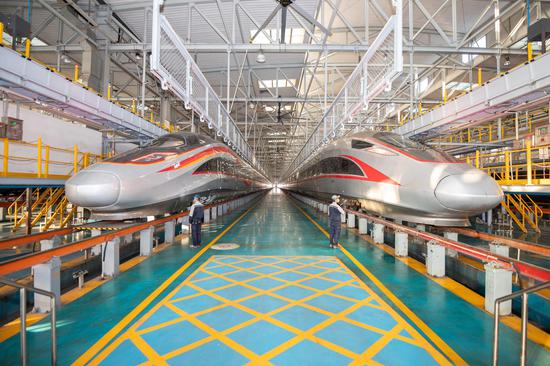
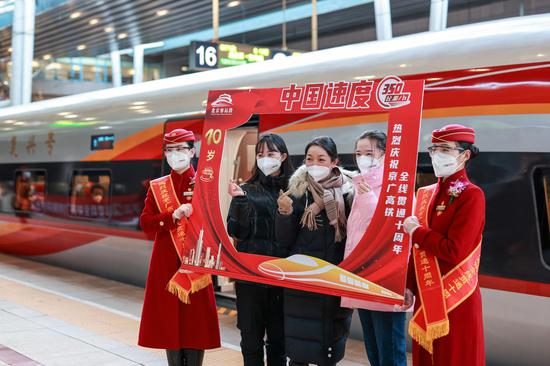
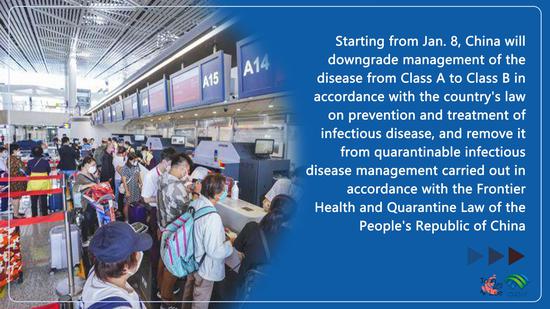

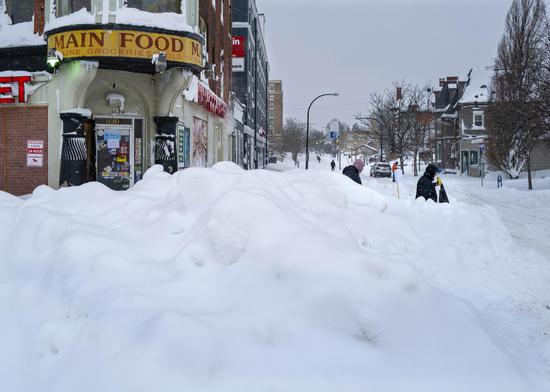
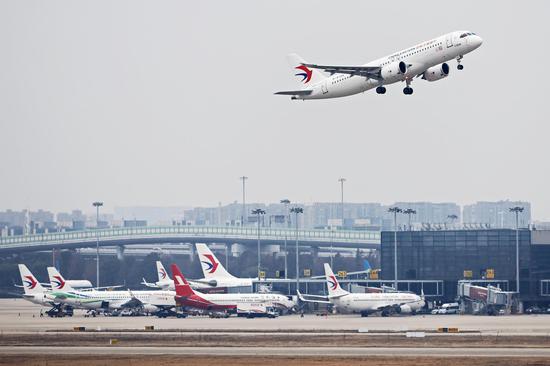


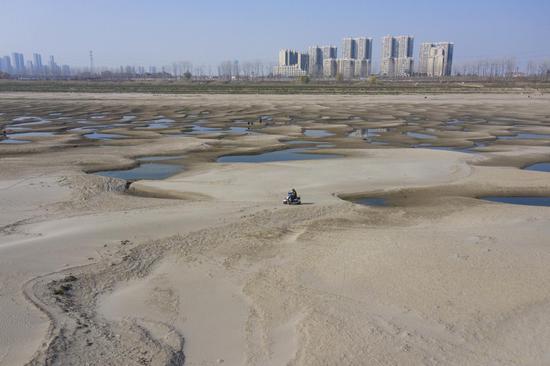
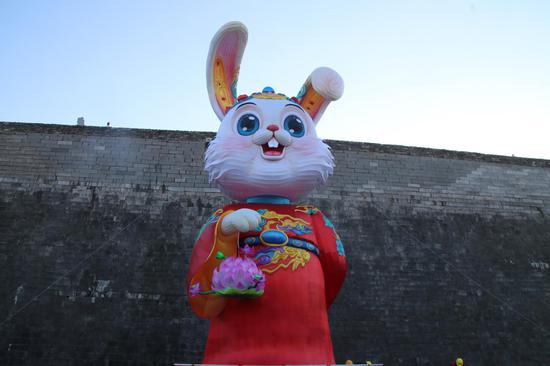






 京公网安备 11010202009201号
京公网安备 11010202009201号